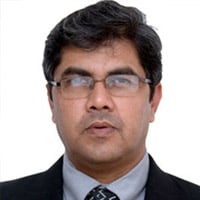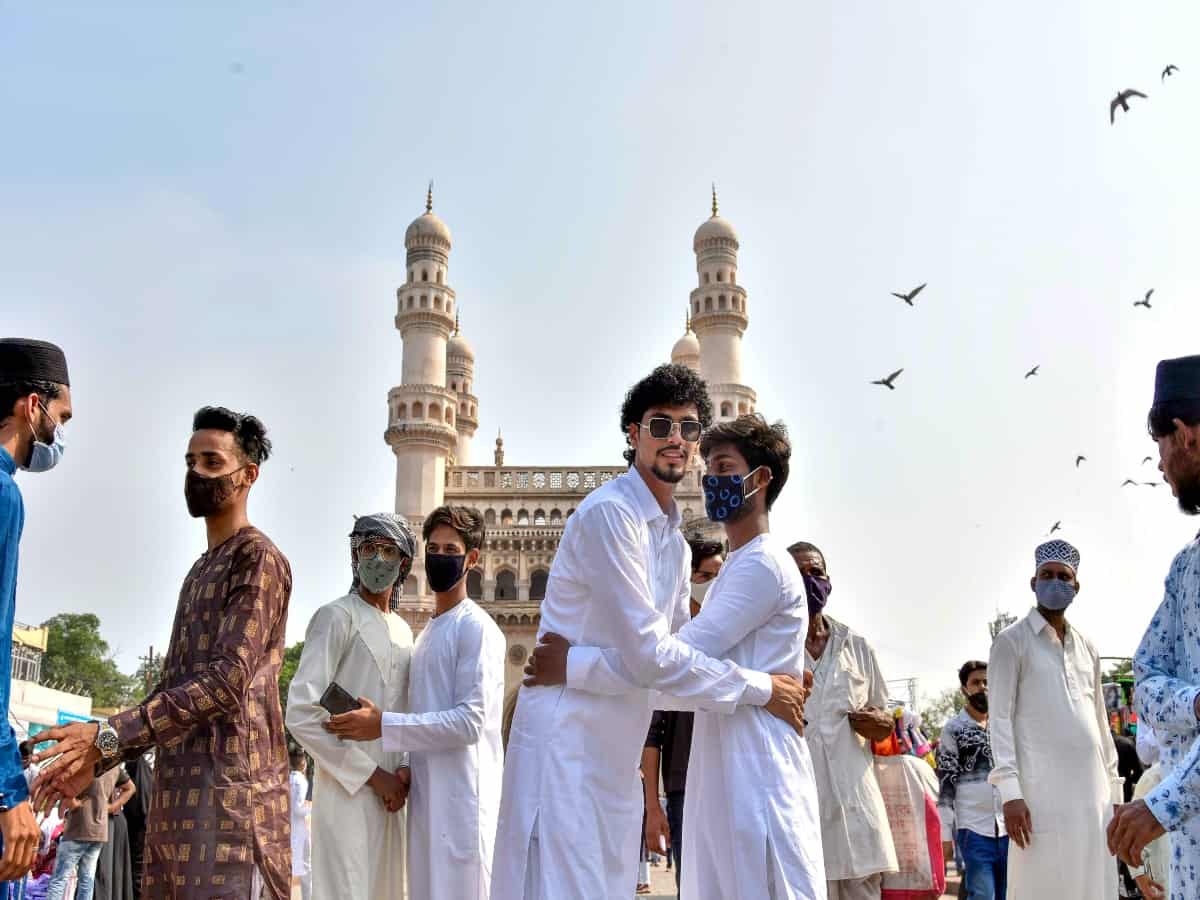

Muslims in India fare extremely poorly on indicators such as education, income and even health. The outbreak has reiterated these gaps and the need for urgent remedial action. The years 2019-20 have been tumultuous for minorities the world over. In India, too, discriminatory laws, injustice and hate crimes marred the climate of peaceful existence. The anti-CAA and NRC protests reported several instances of gross human right violations and police brutalities. The growing Islamophobia over the last couple of years has tarnished the fabric of pluralism in the country. While hate and intolerance have been normalised in the country, the socioeconomic and educational backwardness of the community has allowed room for prejudices to grow.
In today’s situation, while public health reels under the adverse effects of the pandemic, the ripples of the devastation continue to reverberate through social and economic spheres. The pervasive socioeconomic inequities have translated into disparities in access to basic healthcare and substantially higher death rates during COVID-19. While the first wave of COVID was focused on the big rich cities of Mumbai, Delhi, Pune, Chandigarh and Bangalore, the second wave has hit smaller towns and has even gone rural. There are a far larger number of patients coming into hospitals from lower income households.
According to the Centre for Disease Control – African Americans, Native Americans, and Hispanic people were at greater risk for COVID-19 and reported disproportionately higher death rates. Poverty and deprivation in housing and nutrition have increased the vulnerability of these groups to COVID19. Although there is an absence of disaggregated data on religious and social lines, the story in India would not be vastly different. Muslims, Scheduled Tribes and Scheduled Castes – groups that have been languishing in socioeconomic backwardness may have faced an increased ire of the virus.
It is indeed important to look at the data on vulnerability according to the caste and the religion of the subject too. Given the nature of our development problems, there are many secular and several specific reasons for different communities to grow differentially, for infections to emerge out of hotspots and for neighborhoods being especially prone to disaster and pandemics. On the public health side this data allows for better geographical focus in terms of drawing up containment zones. Whereas on the curative side, the identification of vulnerate groups allows for better allocation of funds and location of diagnostic and therapeutic faculties.
The state of Telangana is quite a mirror image of the diversity that exists in India. There are various religious and linguistic minorities that live in the state and have been around for hundreds of years. There is therefore need to look closely at how these communities live and what their claim to resources ought to be. In most well governed states, there is little scope for entrenched discriminations or state sponsored oppression. However, there is always scope for systemic deprivation of the minorities in more ways than one. That is why is important to take a close look that how minorities are facing and see if the inequalities that emerge could be tackled with some public policy initiatives.
Although Muslims in Telangana have a higher average basic literacy rate than the national average, they fare worse than all other communities in the case of graduate and postgraduate education. Their dropout rates are also among the highest. The Sudhir Commission revealed that the enrolment of Muslim students was around 12% at school-level, but only around 5% at the Intermediate level. The survey also highlighted that the proportion of male workers working in the public sector is the lowest. Only 19.2% of the Muslims are regular salaried, and 40.6% of the Muslim households have no savings at all. Telangana also reported several episodes of right-wing led hate attacks on the Muslim community. Muslims in the state are not only marginalised and disadvantaged but also victims of discrimination and prejudices.
During the working of the Sudhir Commission, some of our best academics were invited to write on this issue. Their contributions have resulted in a new book titled Muslims in Telangana – A Discourse on Equity, Development, and Security that discusses several facets of development concerning the community and how it befits the larger multicultural ethos of the country. This Wednesday, on the 10th of June 2021, the Centre for Development Policy and Practice is organizing a panel of experts to deliberate on the key policy concerns of Muslim in Telangana. The expert group will discuss a host of challenges faced by the community – the socioeconomic conditions, health and educational backwardness. The panel will also deliberate on policy measures such as affirmative action and financial inclusion.
The discussion will bring in various points of view from bureaucrats and academics, activists and grassroots workers. The focus will remain on quickly identifying problems but think of a set of solutions that could be implemented and provide help to the Muslim minority both in the immediate short term and in the longer turn. The speakers list includes G Sudhir, former Chief Secretary, Government of Telangana, Abdul Shaban, Professor at TISS, P Aparna of CESS, Kabita Baral of NCERT and R B Bhagat of the IIPS.
Amir Ullah Khan and Nahia Hussain are researchers at Centre for Development Policy and Practice (CDPP) based in Hyderabad.

